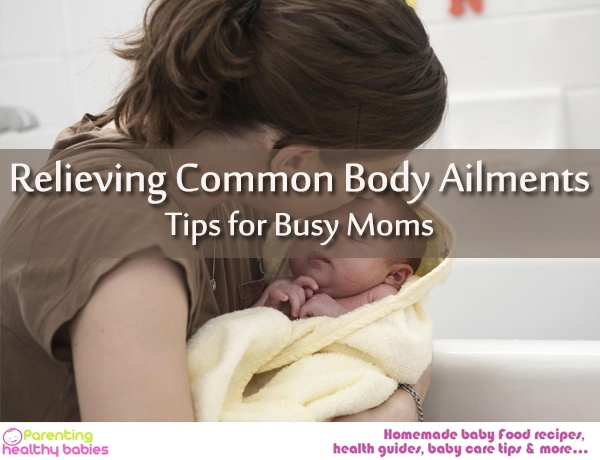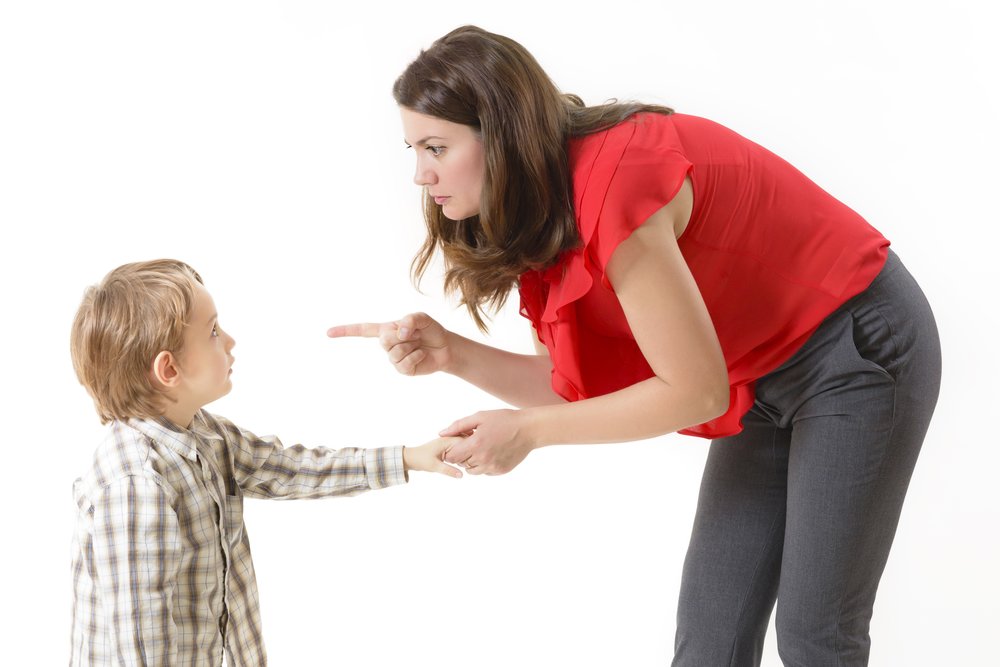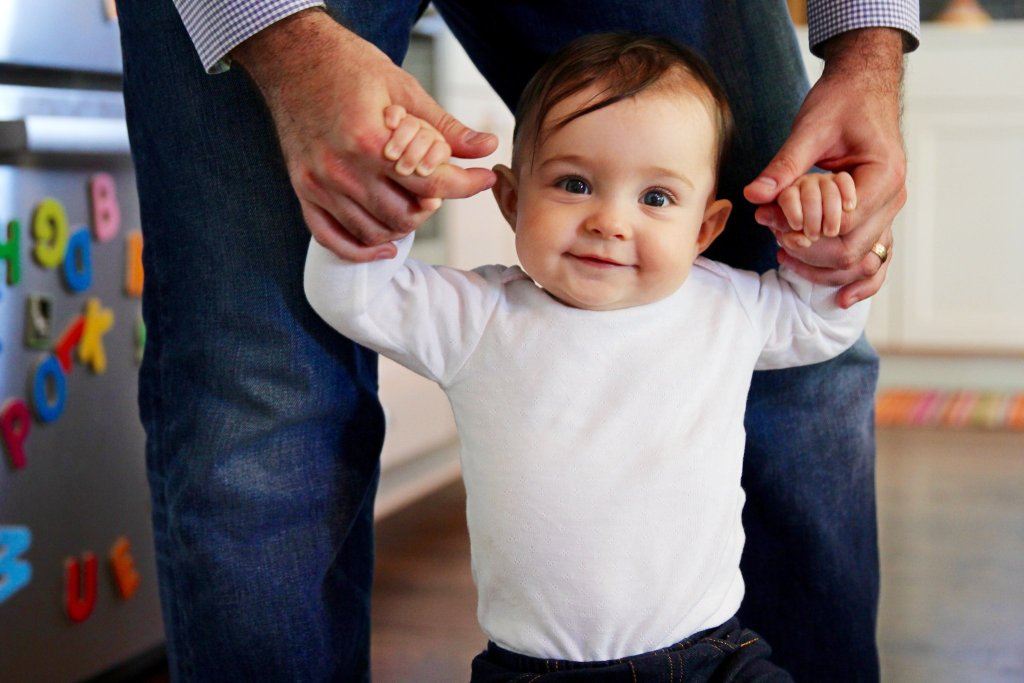Giving birth is one of the most epiphanic moments in the life of a woman. It marks the beginning of a new phase in a person’s life packed with daily adventures, priceless moments, and lots of panics. This experience can be very overwhelming, especially for first-time mothers, therefore making care for their postpartum bodies hard and overlooked.
Whether you are a working mom, or a stay-at-home one, taking care of your child’s needs often takes up most of your time. While your body is still recovering from childbirth, it works overtime to cover your child’s necessities such as carrying and feeding. These and the stresses of motherhood contribute to different physical and emotional body ailments.
Common Ailments Experienced After Birth
After nine months of undergoing bodily changes while pregnant, your body does not return to normal immediately after birth. Most new moms experience a wide variety of ailments during the postpartum period, others continuing from pregnancy. Some of the most common ones are cited below.
Body aches
Headaches, backaches, and hurting shoulders are just a few of the body aches experienced by mothers. Babies grow exponentially and carrying them around becomes harder and harder through the months.
Fatigue and tiredness
From the first few weeks to years after childbirth, mothers play a very hectic and tiring role at home, attending to every need of their children from breastfeeding, to changing diapers, to washing their children’s clothes. This often results in heavy fatigue and tiredness caused by such activities, and the mother’s body still recovering from pregnancy and giving birth.
Blues and anxiety
Women who just gave birth experience loneliness or baby blues for some period of time. This is normal, caused by fluctuations in hormones and the complexity of emotions brought about by bearing a child. But sometimes, these blues do not go away and even continue after 2 weeks of childbirth. This implies the possibility of a condition called postpartum depression, which needs medical attention from a professional therapist. According to the Centers for Disease Control and Prevention (CDC), approximately 11 to 20% of women display symptoms of postpartum depression after giving birth.
Postpartum depression is harmful to both the mother and child. There have been extreme cases of the condition where the mother attempts to hurt or even kill her baby. Thus, it should not be taken lightly, as do any other types of depression.
Bone loss from breastfeeding
Breastfeeding is best for the babies’ health for up to two years, but for the mother, not so much. Breastfeeding moms often grow thin from supplying milk and all necessary nutrients to their child. Aside from this, the mother suffers from vitamin deficiencies and lack of calcium which eventually lead to bone loss. Some mothers have reported losing teeth while breastfeeding their children.
Taking Care of Your Postpartum Body
Amidst the panic and challenges of motherhood, a busy mom should learn how to balance her responsibilities to her kids, without compromising her own health. Although this is easier said than done, there are a few tips and tricks for managing body ailments that a new mother can apply.
Managing Body Aches
Most of the body aches brought upon by parenting can be relieved by routine stretching, or having some time off and having a full body massage. Headaches, however, can be relieved by rest, rehydration, or in extreme cases, drinking over-the-counter pain relievers such as an ibuprofen. Using gel cushions for your footwear can likewise relieve foot pain caused by carrying your baby and being on your feet the whole day.
Proper Nutrition and Combating Vitamin Deficiencies
From pregnancy to childbirth, mothers suffer from a range of vitamin deficiencies because they have to supply the nutritional needs of two persons. Some of the nutrients are passed onto the child instead. That is why a healthy diet is recommended for pregnant and lactating mothers, along with vitamin supplements recommended by the physician. While the child is being well-nurtured, the mother should be as well.
Fighting Postpartum Depression
Postpartum depression requires clinical attention from a doctor, specifically a psychiatrist. It is nothing to be ashamed of. Battling depression can usually be resolved through medication or talk therapy sessions. It is important to talk to a psychiatrist first, in order to be diagnosed if the loneliness one feels can be clinically classified as depression or mere baby blues.
Finding Time for Exercise
Finding time to do exercises may seem impossible in a busy mom’s life. Although, there have been new trends of exercises for moms that can be done without neglecting or leaving the baby. It even involves making use of the baby’s weight. These workouts range from baby dancing to curl-ups, bench presses, and lunges, allowing the mother to regain her fit body state after birth.
Alongside childbirth comes a lot of pain and challenges, both physical and emotional. However, these can be managed by following simple rules and finding time to take care of yourself as a mother.













